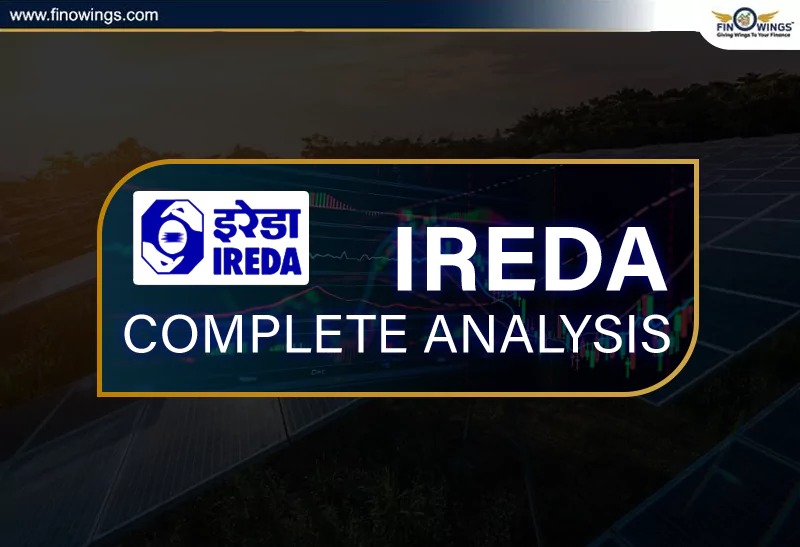Home >> Blog >> Top Private Defense Stocks in 2024 | Why Defence Shares Rising?
Top Private Defense Stocks in 2024 | Why Defence Shares Rising?

Table of Contents
Introduction
Investing in the defense sector can be lucrative, but it comes with its own set of challenges and considerations. The defense industry is unique, with companies often having long-term contracts and significant government involvement. Before making any decisions about selling shares in a private defense company, it's crucial to understand the potential impacts and opportunities.
The Importance of the Defense Sector
The defense sector plays a vital role in national security and economic stability. Companies in this industry produce essential products and services, ranging from advanced weaponry to cybersecurity solutions. The demand for these products is typically stable, driven by government contracts and geopolitical factors.
Understanding Private Defense Companies
Private defense companies differ from their public counterparts in several ways. They often have closer relationships with government agencies and may operate under stricter confidentiality agreements. These companies can offer unique investment opportunities but also come with specific risks.
Key Factors to Consider Before Selling Shares
Selling shares in a private defense company requires careful consideration of several factors. Here are some key points to keep in mind:
- Government Contracts
- Market Conditions
- Company Performance
- Regulatory Environment
- Future Prospects
Government Contracts
Government contracts are the lifeblood of most defense companies. These contracts can be long-term and highly lucrative. Before selling shares, consider the company's current and future contracts. Are they secure? Are there any upcoming contract renewals or new opportunities?
Market Conditions
The broader market conditions can significantly impact the value of defense stocks. Economic downturns, changes in government spending, and geopolitical events can all influence the market. Keep an eye on these factors and how they might affect the defense sector.
Company Performance
Assessing the company's performance is crucial. Look at financial statements, earnings reports, and other relevant data. Is the company growing? Are there any red flags in their financials? A thorough analysis will help you make an informed decision.
Regulatory Environment
The defense industry is heavily regulated. Changes in regulations can have a significant impact on a company's operations and profitability. Stay informed about any potential regulatory changes and how they might affect the company.
Future Prospects
Consider the company's future prospects. Are they investing in new technologies? Do they have a strong pipeline of projects? A company with a bright future can offer significant growth potential, making it worth holding onto your shares.
The Risks of Selling Too Soon
Selling shares too soon can result in missed opportunities. Here are some risks associated with premature selling:
- Missing Out on Growth
- Tax Implications
- Market Timing
- Emotional Decisions
Missing Out on Growth
If the company is on a growth trajectory, selling shares too soon can mean missing out on potential gains. Consider the long-term growth prospects before making a decision.
Tax Implications
Selling shares can trigger tax liabilities. Depending on your jurisdiction, you may owe capital gains tax. Be sure to understand the tax implications before selling.
Market Timing
Timing the market is notoriously difficult. Selling shares based on short-term market movements can lead to suboptimal results. Focus on the company's fundamentals rather than trying to time the market.
Emotional Decisions
Emotions can cloud judgment. Fear, greed, and other emotions can lead to impulsive decisions. Take a step back and make a rational, informed decision.
Strategies for Selling Shares
If you've decided to sell your shares, consider these strategies to optimize your decision:
- Gradual Selling
- Using Stop-Loss Orders
- Reinvesting Proceeds
- Consulting a Financial Advisor
Gradual Selling
Instead of selling all your shares at once, consider selling them gradually. This approach can help you manage risk and potentially benefit from future price increases.
Using Stop-Loss Orders
Stop-loss orders can help you protect your investment. By setting a predetermined price at which to sell, you can limit your losses if the stock price drops.
Reinvesting Proceeds
Consider reinvesting the proceeds from your sale into other investment opportunities. Diversifying your portfolio can help manage risk and potentially increase returns.
Consulting a Financial Advisor
A financial advisor can provide personalized advice based on your unique situation. They can help you navigate the complexities of selling shares and offer strategies to optimize your decision.
Conclusion
Selling shares in a private defense company is a significant decision that requires careful consideration. By understanding the key factors, risks, and strategies, you can make an informed decision that aligns with your financial goals. Always stay informed, seek professional advice when needed, and consider the long-term implications of your actions.
Frequently Asked Questions
The defense sector plays a crucial role in national security and economic stability. Companies in this industry produce essential products and services, such as advanced weaponry and cybersecurity solutions, which are typically in stable demand due to government contracts and geopolitical factors.
Before selling shares, consider several key factors including the company's government contracts, market conditions, company performance, regulatory environment, and future prospects. Understanding these aspects can help you make a well-informed decision.
Selling shares too soon can lead to missed growth opportunities, tax implications, challenges with market timing, and emotional decision-making. Premature selling might result in suboptimal financial outcomes if the company continues to grow or if the sale incurs significant taxes.
Strategies for selling shares include gradual selling to manage risk, using stop-loss orders to protect your investment, reinvesting proceeds into other opportunities to diversify your portfolio, and consulting a financial advisor for personalized advice.
Government contracts are often the primary source of revenue for defense companies. Before selling shares, it's important to assess the security and future potential of these contracts. Upcoming renewals or new opportunities can significantly influence the company's future performance and stock value.















